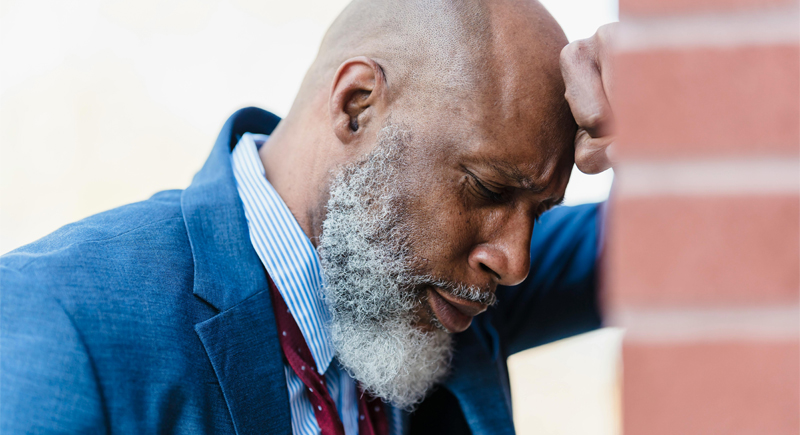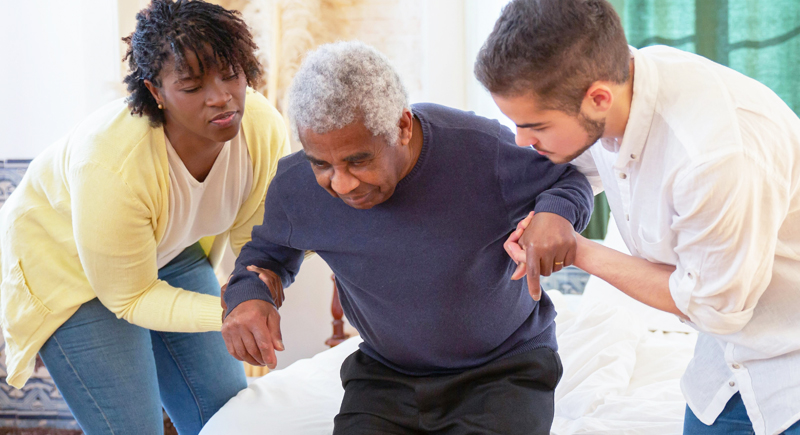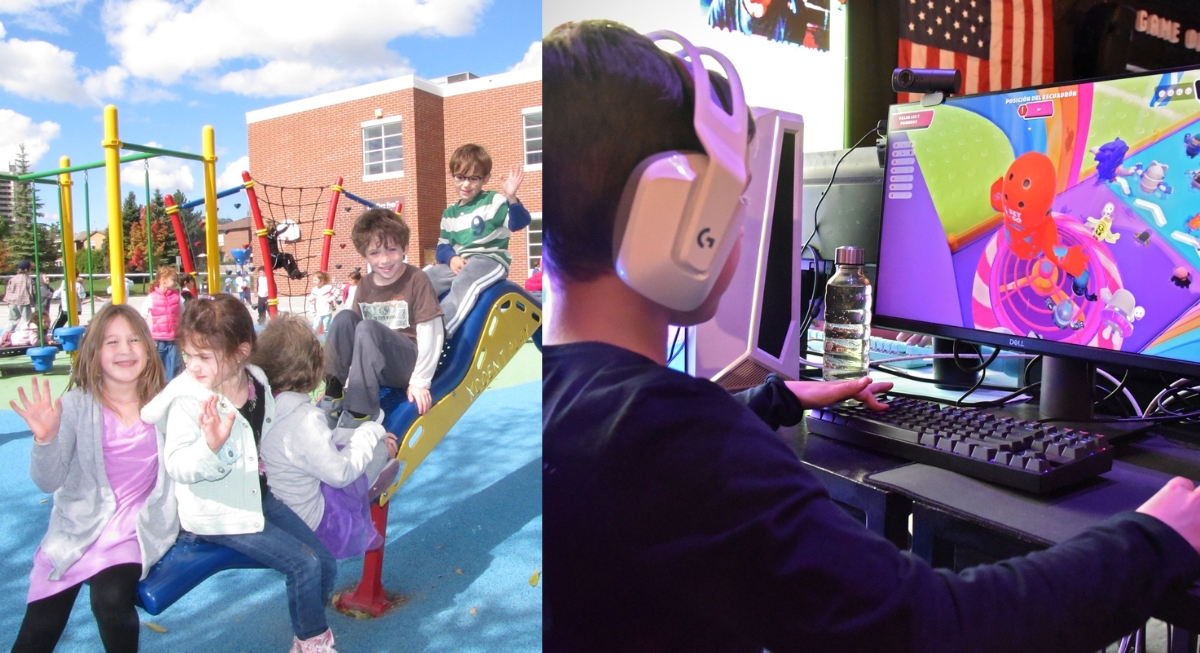Ever find yourself feeling more exhausted or weaker with each passing year and just blaming it on age? Think again. Age might seem like the obvious culprit, but often, it's not the whole story. Uncovering the real reasons behind these feelings can be eye-opening. Let's explore some common yet overlooked causes and how to tackle them head-on.
Fatigue

Credit: pexels
Are you tired all the time? It's a common issue for those over 51, but it's not just about getting older. Factors like medication side effects, thyroid problems, and nutritional deficiencies often play a role. Recognizing that these symptoms are not inevitable can change the game. It's crucial to investigate and address the underlying causes rather than dismissing them.
Appetite Loss

Credit: pexels
Losing your appetite can significantly impact your health and isn't merely a result of aging. It's often linked to changes in taste, depression, or even the social aspect of eating alone. Identifying these triggers is the first step toward finding solutions, from enhancing food flavors to making mealtime more social and enjoyable again.
Depression

Credit: pexels
Depression is not a normal part of aging, yet it's surprisingly common among older adults. It can sap your energy and affect your physical health. Thankfully, with the right treatment—be it therapy, medication, or both—recovery is not just possible; it's expected. Opening up about feelings of sadness or apathy is crucial to finding help.
Weakness

Credit: pexels
Muscle weakness, or sarcopenia, is often mistaken for an inevitable part of aging. However, it's a condition that can be managed or even reversed with regular exercise and proper nutrition. Staying active and maintaining muscle strength plays a key role in preserving independence and improving quality of life as we age.
Understanding Cardiovascular Health

Credit: pexels
Cardiovascular health is directly linked to energy levels. Conditions like heart failure can make everyday activities feel much more challenging. Through regular health screenings and lifestyle adjustments, maintaining heart health can vastly improve stamina and overall well-being. It's all about keeping your heart in check to keep your energy up.
The Role of Cognitive Function

Credit: pexels
Cognitive decline can influence your physical activity level and lead to increased fatigue. Keeping your brain engaged through mental and physical activities can mitigate these effects. Activities that stimulate cognitive functions can also help maintain physical vigor, underscoring the interconnection between mental acuity and physical health.
Vision and Hearing Loss

Credit: istockphoto
Struggles with vision and hearing can lead to social withdrawal and reduced physical activity, indirectly contributing to feelings of tiredness and weakness. Addressing these sensory impairments through regular check-ups and staying connected can significantly boost your energy levels and improve your overall quality of life.
Respiratory Health and Its Impact

Credit: istockphoto
Chronic respiratory conditions can be exhausting, limiting your ability to stay active and significantly impacting your energy levels. Proper management of these conditions can lead to a noticeable improvement in both respiratory health and overall stamina, making it essential to tackle these issues head-on.
Gastrointestinal Health

Credit: istockphoto
Digestive issues can affect your appetite and energy levels, making it crucial to address any underlying gastrointestinal problems. From managing GERD to alleviating chronic constipation, a healthier digestive system can lead to better nutrition and increased vitality. It's about listening to your body and responding to its needs.
Managing Multiple Medications

Credit: pexels
The side effects of managing multiple medications can often contribute to feelings of fatigue. Regularly reviewing your medication regimen with a healthcare provider can help minimize these effects and optimize your energy levels. Sometimes, a simple adjustment can make a significant difference in how you feel.
Strategies for Enhancing Social Connectivity

Credit: pexels
Staying socially connected can combat loneliness and boost your energy. Engaging with friends, family, and community activities can have a positive impact on your mental and physical health. It's about making an effort to stay connected and active in your social circles, which can lift your spirits and energy alike.
Each of these areas sheds light on why you might be feeling more tired or weaker as the years pass. It's not just about aging—often, there are actionable steps you can take to improve your energy and strength. Recognizing and addressing these underlying factors can make a significant difference in your overall well-being.





